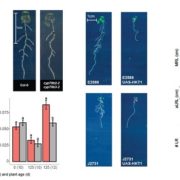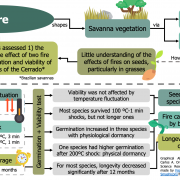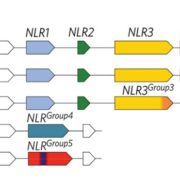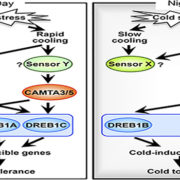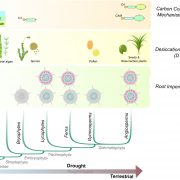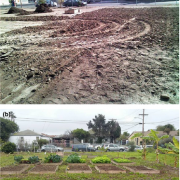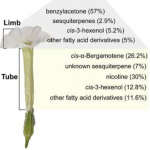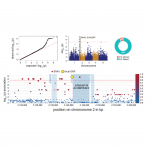Plant salt tolerance through a peptide and receptor like kinase pathway (Plant Cell)
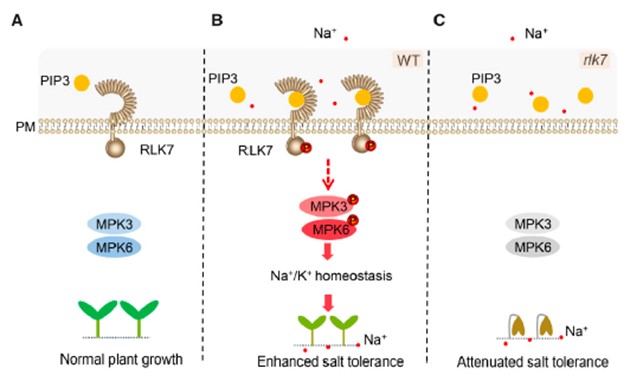 Soil salinity is a major stress that hampers plant growth, but plants have evolved signaling pathways to sense and respond to salinity. Zhou and colleagues have recently reported a novel pathway in Arabidopsis thaliana that that involves a peptide ligand, PAMP-INDUCED SECRETED PEPTIDE 3 (PIP3) and its cognate receptor, RECEPTOR-LIKE KINASE 7 (RLK7). Exposure to salt can up-regulate the expression of the precursors of PIP3, i.e., prePIP3. The PIP3 over-expressing plants generated during the study grew better in salt and accumulated less Na+ than wild-type plants. The PIP3 mutants show an opposite phenotype, with slow growth in salt and higher accumulation of Na+ than wild-type plants. Interestingly, synthetic PIP3 could rescue the sensitive phenotype of the PIP3 mutants. The target for PIP3 is the membrane localised RLK7, and the RLK7 mutants also showed compromised growth under salt stress condition similar to the PIP3 mutants. In the pathway, PIP3 acts upstream of RLK7. The authors have further demonstrated that salt stress can induce phosphorylation of RLK7 and presence of PIP3 enhances it. Finally, they have shown that the PIP3-RLK7 together can regulate the activation of MPK3/MPK6 pathway (via phosphorylation) which leads to the enhanced salt tolerance. A follow up question to this particular study will be identifying the possible target(s) downstream MPK3/MPK6 that play a role in the Na+ homeostasis in plants. (Summary by Sibaji K Sanyal @SibajiSanyal) Plant Cell 10.1093/plcell/koab292
Soil salinity is a major stress that hampers plant growth, but plants have evolved signaling pathways to sense and respond to salinity. Zhou and colleagues have recently reported a novel pathway in Arabidopsis thaliana that that involves a peptide ligand, PAMP-INDUCED SECRETED PEPTIDE 3 (PIP3) and its cognate receptor, RECEPTOR-LIKE KINASE 7 (RLK7). Exposure to salt can up-regulate the expression of the precursors of PIP3, i.e., prePIP3. The PIP3 over-expressing plants generated during the study grew better in salt and accumulated less Na+ than wild-type plants. The PIP3 mutants show an opposite phenotype, with slow growth in salt and higher accumulation of Na+ than wild-type plants. Interestingly, synthetic PIP3 could rescue the sensitive phenotype of the PIP3 mutants. The target for PIP3 is the membrane localised RLK7, and the RLK7 mutants also showed compromised growth under salt stress condition similar to the PIP3 mutants. In the pathway, PIP3 acts upstream of RLK7. The authors have further demonstrated that salt stress can induce phosphorylation of RLK7 and presence of PIP3 enhances it. Finally, they have shown that the PIP3-RLK7 together can regulate the activation of MPK3/MPK6 pathway (via phosphorylation) which leads to the enhanced salt tolerance. A follow up question to this particular study will be identifying the possible target(s) downstream MPK3/MPK6 that play a role in the Na+ homeostasis in plants. (Summary by Sibaji K Sanyal @SibajiSanyal) Plant Cell 10.1093/plcell/koab292


